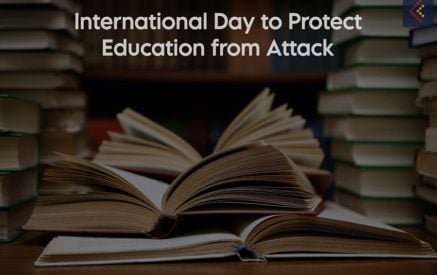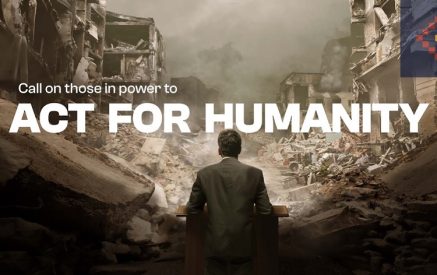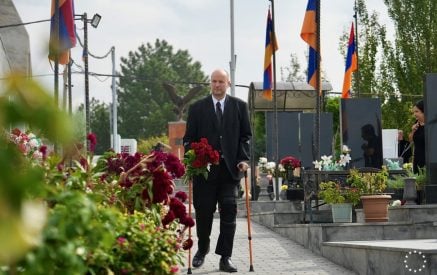“Yesterday, Gayane (the granddaughter- N.G.) was crying because she wanted to go back to Hadrut to visit her uncle’s grave. Oh, poor child, is his grave still there?” Ms. Anyuta (that is her nickname) is unable to hide her tears; she left her son’s grave behind in Hadrut. Their home no longer exists, either; it was completely burned. And Hadrut is no longer Armenian. The 14-member family sought temporary shelter in the preschool of the Arshaluys village in the Armavir Province.
At the moment, 59 people from 11 families are staying there. In the beginning, there were 135 people. Some of them moved to rental apartments throughout Armenia, while the others returned to Artsakh. The majority of people staying at the preschool are from Hadrut, while there are others from Kashatagh, Sushi, Karmrakuch, and Tahaser. Those from Stepanakert have already returned to their homes.
Read also
Anushik Davtyan was formerly employed at Karabakh Telecom. “My husband is a solder who fought in three wars. I was struck by a projectile in 1991 as I was milking a cow.” Her older son was in the fourth grade at the time, her younger son was in second grade, and her daughter, Nadezhda, was born during the war in 1990. Her older son ran to his grandmother’s house to ask for help: “Grandma, Mom was struck by a projectile.” After the war ended, they found out that the son had heart problems. He died when he was 30 in his father’s arms…
Her other son has four children. He also participated in the April War where he was wounded in the leg. He was injured again in the leg during the 44-Day War from sniper fire. He is still healing; the wound is serious.
Anyuta remembered the beginning of the 44-Day War. “My son went to cover his shift on the 25th, and the war began on the 27th. We woke up, still in our pajamas, and I told my daughter-in-law to call my son and see what was going on. I took two of the children, she took the other two, and we went into the basement. We saw that the situation was getting worse. I said that this is no good. I called my son, and he said that it began. I felt sick, my blood pressure increased… My son ended up being caught in a Turkish ambush and no one told me. A Turkish soldier would respond whenever someone called my son. My daughter-in-law’s mother called and told me to leave because they’re starting to strike Hadrut.”
“I called my son and a Turk answered. He started to swear at me. Then, my son called and told me not to call him because his phone was with the Turks. I was in Fizuli with Aro,” Anyuta’s husband, Samvel, said about the war. Samvel has had 38 years of experience as a soldier. He was the driver of Artur Aghabekyan, Vardan Balayan, and Nazik Amiryan. As he was speaking, he was unable to hide his tears. “I couldn’t take my dead son’s picture with me.” He wants to go to Hadrut. “I want to go to Hadrut to get my son’s photo,” Samvel said.
Their neighbor, Varsik, is thinking about returning, but she doesn’t dare to do it because she is unable to see a future living among Azerbaijanis. “No, there is no hope or faith.” She has two daughters, and her one son-in-law died during the war. “I did not expect it to take this long for us to find a place to stay when we left,” she said.
As the adults spoke about their pain and loss, the children were playing. The children do not sit around idly here. They draw and learn English. Gayane was showing off the hat she got as a present. Vito was reciting a poem, and Christina, who was the oldest of the children, was embarrassed.
Nelly Grigoryan






































































